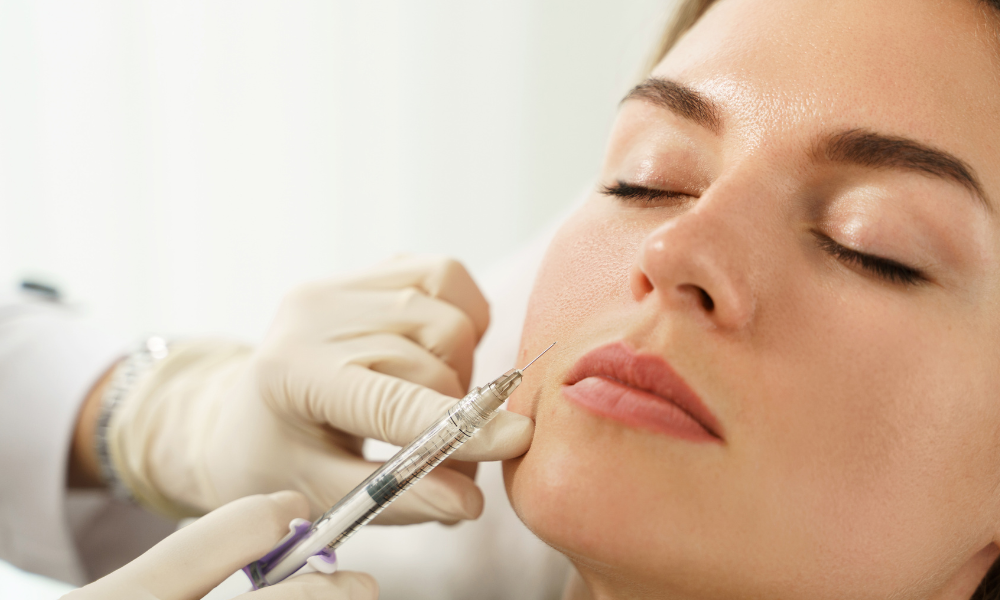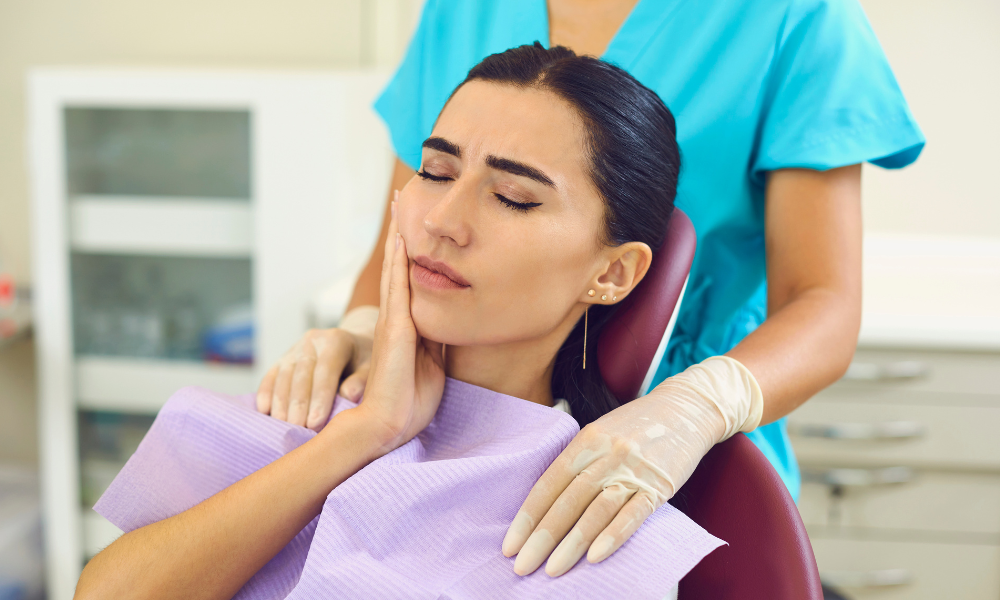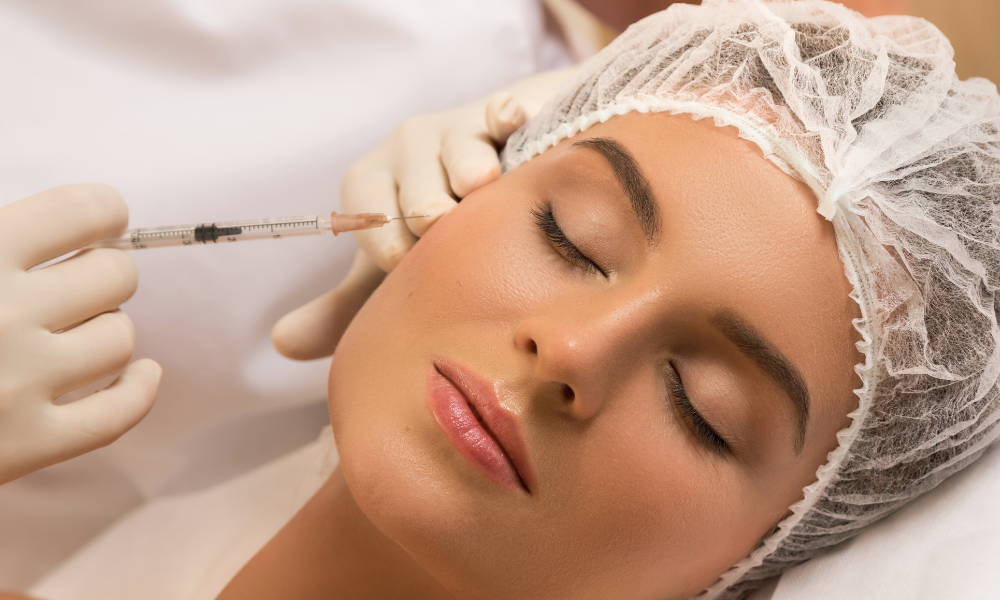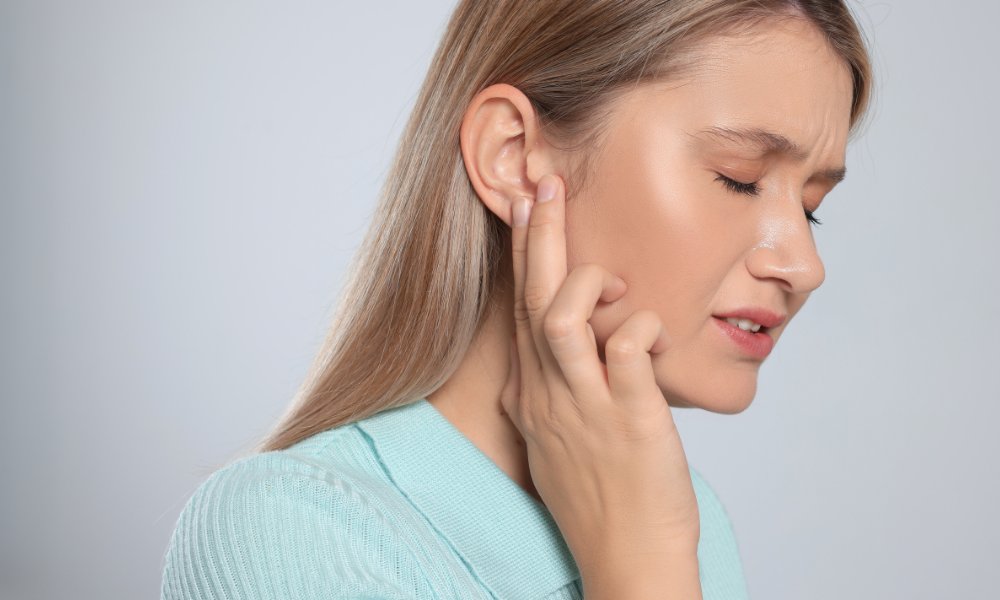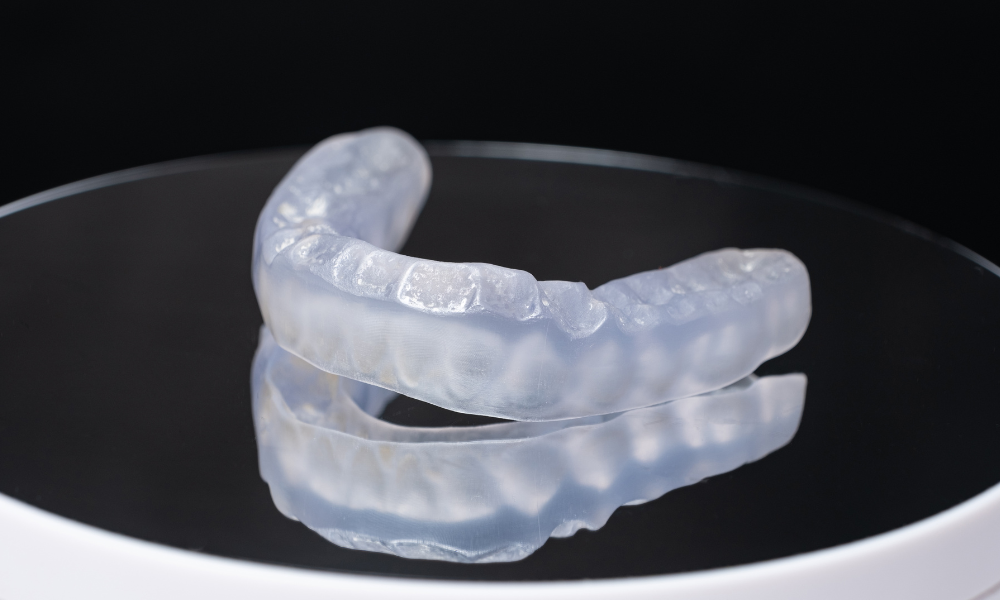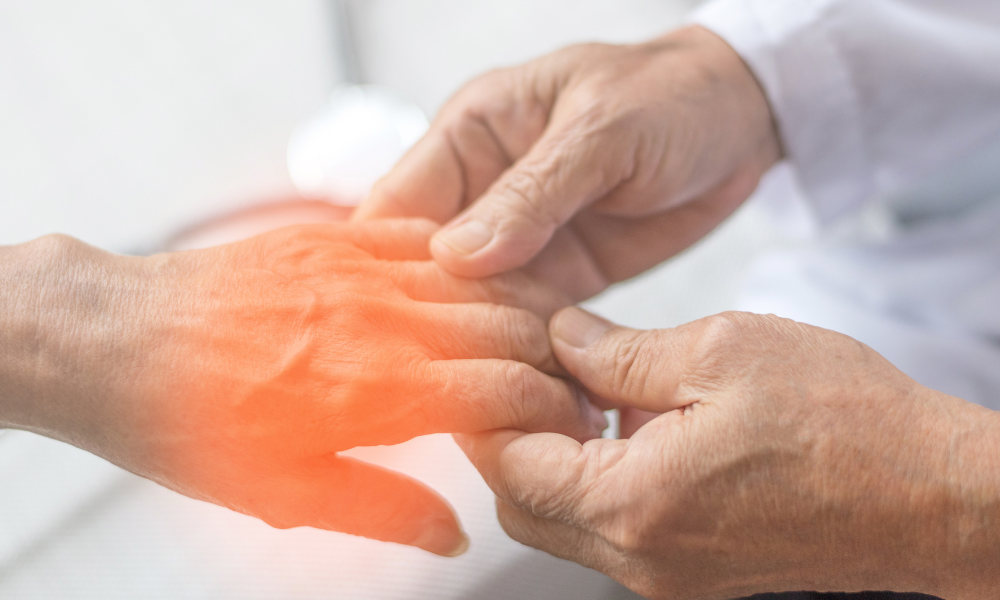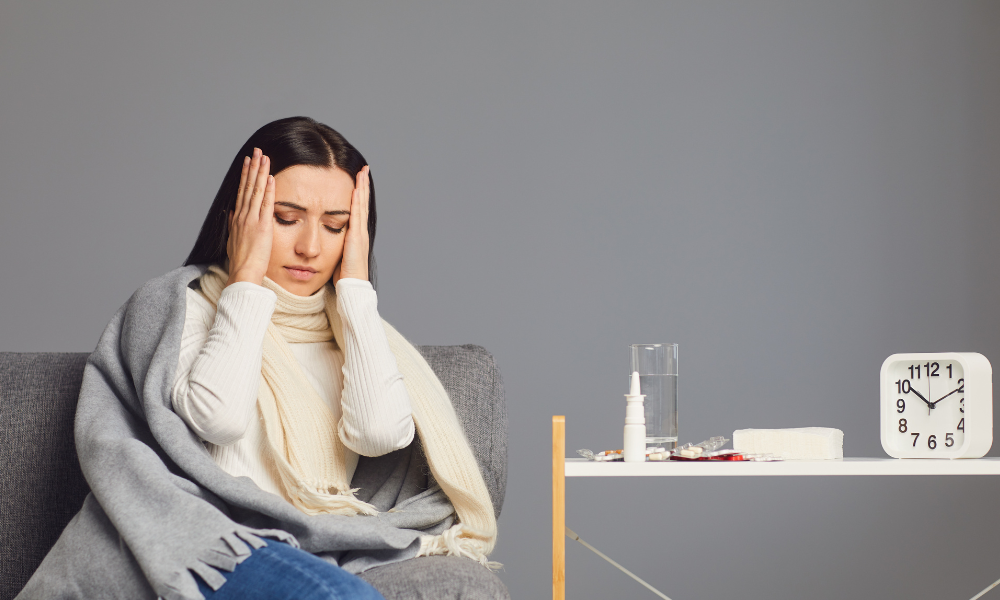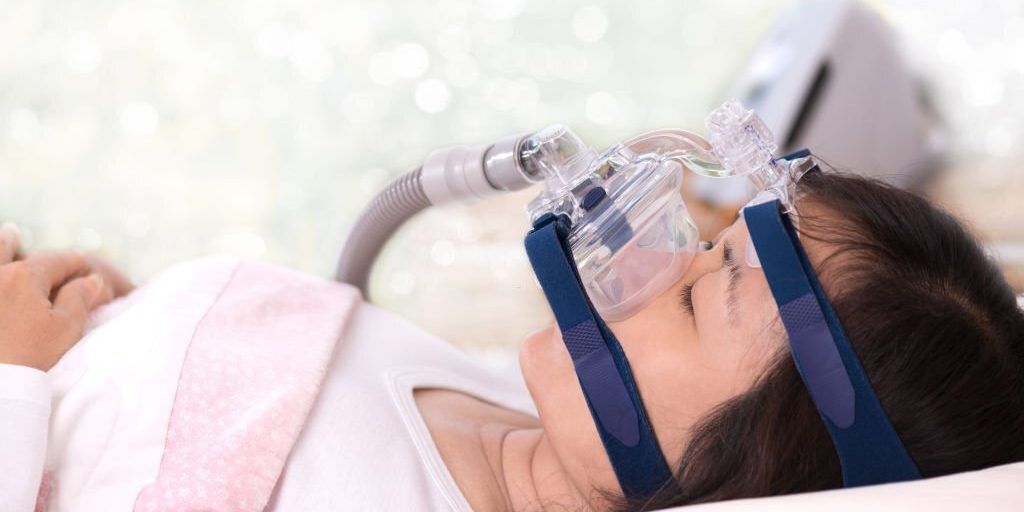
Most people don’t think about their sleeping habits very much, but sleep is one of the most important aspects of our lives. Keeping track of how much you sleep, when you go to bed, what you do before bed, and whether or not you take any caffeine before bed is a good idea that will help your doctor be as precise with your diagnosis as possible. Before visiting a sleep apnea treatment center, make sure you understand what sleep apnea is exactly.
You can freely ask several questions at our center for sleep apnea and TMJ in Pasco before undergoing any treatment. You need to be honest about your symptoms and your health history. You may be experiencing symptoms for the first time, but you still need to seek medical advice. This article will help you learn the most common questions to ask at a sleep apnea treatment center.
Is Being Overweight An Issue?
The first question to ask is whether you are overweight. You should mention any weight issues to your doctor. You should also discuss any sleep problems that you have with your primary care physician. Your primary care doctor will be able to refer you to a sleep specialist if your condition is severe enough. In addition to asking if you have any other medical conditions, your doctor will also want to know about your lifestyle, including obesity, smoking, and other risk factors.
Reasons For Daytime Fatigue?
If you feel fatigued during the day, it could be a sign that you might be suffering from sleep apnea. However, if you’re constantly working hard, this could be another condition causing your fatigue. Therefore it is important to see a doctor. If you’ve been experiencing daytime fatigue, your physician may want to run a Stop-Bang test to determine if you’ve got the disorder.
Is It Sleep Apnea Or Any Other Condition?
The next question is whether your symptoms are related to your lifestyle. Are you too tired to do anything? If so, your doctor will probably need more testing to confirm your diagnosis. If you’re too exhausted to function, it’s likely a symptom of something else. For example, you may have anemia, a thyroid disorder, or even chronic fatigue syndrome. You should also mention any other physical symptoms to your physician.
If your sleep apnea is affecting your daily life, you need to see a specialist to be properly diagnosed.
What Is The Sleep Apnea Diagnosis Process?
A sleep apnea diagnosis is often complicated. The first step is to ensure that you are not taking any medication that could cause sleep apnea. The next step is to get a sleep study. During a sleep study, the doctor will subject you to a series of tests designed to assess how well you breathe while you sleep. This test will allow your doctor to determine how well you sleep each night.
The doctor will need to examine your breathing and study your sleeping patterns to determine sleep apnea. There are several procedures to confirm sleep apnea, after which they will be able to assess the severity of your condition and make recommendations. The tests are typically done overnight and include recording your breathing and detailed medical history. A sleep apnea diagnosis can be definitive, and the doctor will decide on the best sleep apnea cure for you.
The results will help determine how severe your symptoms are and help you decide whether to seek treatment. You should also know that your insurance will cover the sleep study cost, but some policies require you to see a primary care physician first.
For diagnosis, book an appointment at our center for sleep apnea and TMJ in Pasco.
How Do Sleep Apnea Treatments Work?
The first step in a sleep apnea treatment is to determine the cause. Our doctors will perform an overnight sleep study to establish if you have the disorder. Our doctors will also ask about your health history and any other risk factors. Then they will determine the severity of the condition and recommend the best therapy for your disorder.
Our sleep apnea treatment center will determine the best course of action for your situation.
What Is Obstructive Sleep Apnea?
Obstructive sleep apnea is a serious condition that can cause severe damage to the body and mind and lead to death. If you are experiencing symptoms or suspect that you have OSA, the first step in treatment is to consult our doctor. Our physician will recommend the best treatment options based on your specific diagnosis and symptoms. If the symptoms persist, the physician may recommend a CPAP machine. If you are not comfortable with a CPAP machine, the doctor will discuss other options for you.
How To Prevent Sleep Apnea?
If you’ve been diagnosed with sleep apnea, there is no sleep apnea cure but ways to prevent it and control the symptoms. For example, you should avoid using sedatives, alcohol, and smoking, which relax the muscles of the throat and obstruct breathing. You should also elevate your head with two pillows while sleeping.
Usually, it is not possible to treat OSA on your own, so our sleep apnea treatment center will diagnose your condition and prescribe the proper treatment. For those who are already suffering from sleep apnea, there are some tips you can follow to prevent the condition.
Early Diagnosis
While there is no sleep apnea cure, it is highly treatable. The signs of the illness are easy to recognize, such as a heavy snoring pattern and waking up feeling exhausted. You may also experience other symptoms, such as irritability, fatigue, and a lack of concentration. Ultimately, it’s important to treat it to avoid more severe consequences. The best way to prevent this condition is to get an early diagnosis.
Seek Treatment
If you’re suffering from sleep apnea, your doctor may prescribe therapy. You can also get a sleep apnea treatment as many options, including oral appliances, are available. Some of these options may be invasive and require a hospital stay. You’ll likely have to visit a physician and get tested for the condition. The doctor will discuss the various treatments and suggest a course of treatment.
Lose Weight
The best way to prevent sleep apnea is to lose weight. A person with excess weight is more likely to have apnea than a thin person. Women should be cautious with their weight as they age because they tend to put on more fat in their lower bodies. This often causes the airway to collapse during sleep.
While you may not have any symptoms right away, you should ensure you don’t continue to gain weight. This can lead to other issues, such as diabetes and liver disease. If you have more than one apnea episode each night, you should consult a physician and consider a treatment plan.
Healthy Diet
A diet rich in fiber, fruits, and vegetables and a healthy lifestyle will help you sleep better. Besides a more nutritious diet, you should keep your mouth open and clean. This will reduce the chance of breathing apnea. There are several other ways to prevent sleep apnea. A simple change in your lifestyle is enough to reduce your risk level.
Conclusion
You should see a doctor as soon as possible if you suspect you are suffering from sleep apnea. The doctor will provide you with more information about how to prevent and treat this disorder. They may also recommend a sleep apnea treatment program.
Visit our Center for Sleep Apnea and TMJ in Pasco for the best treatment and care.
